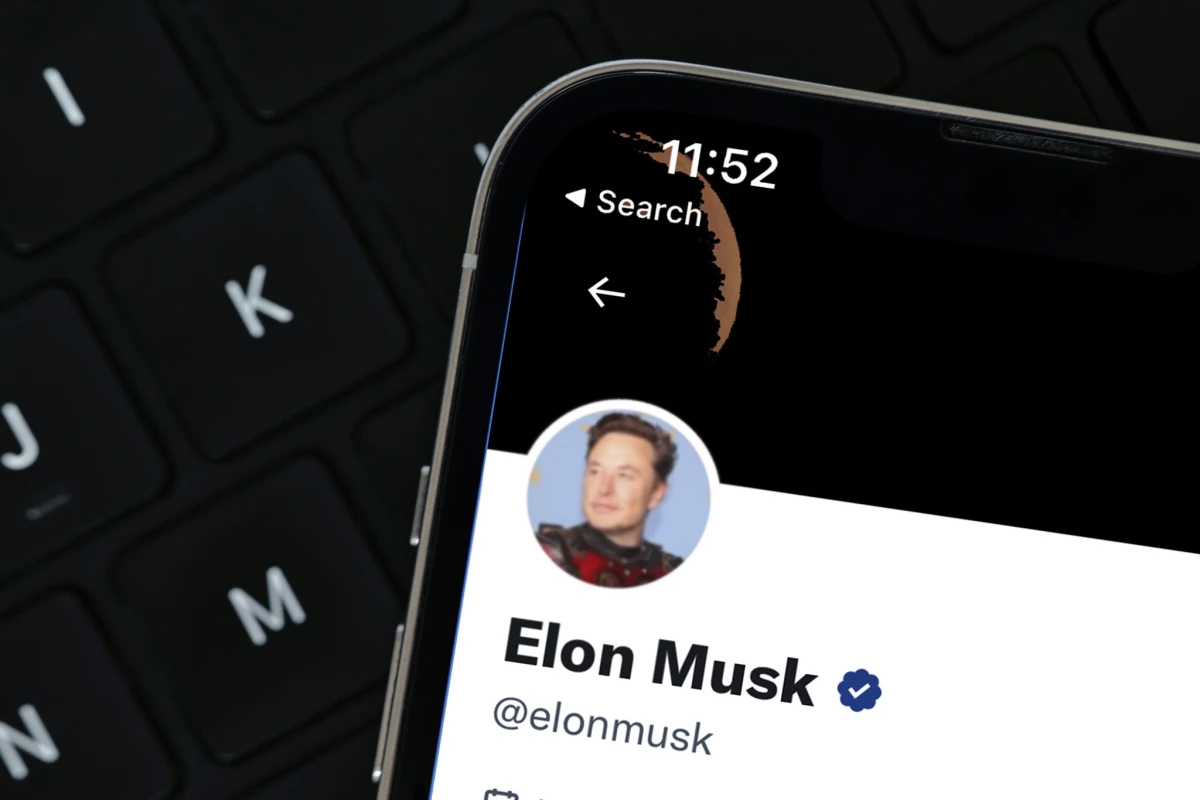- Home /
- Impact /
- News & Commentary /
- Twitter Was Central to American Politics. Musk’s Ownership Puts That at Risk.
Twitter Was Central to American Politics. Musk’s Ownership Puts That at Risk.
Since taking over at Twitter, Elon Musk's personal beliefs have had an outsized influence on the platform. As its content and user base evolve, it's unclear whether a Musk owned Twitter can maintain the platform's central role in the American political media landscape.

Authors
Area of Study
Tags
This article was originally published at Barron's.
Ron DeSantis declared his Republican presidential campaign last night with Elon Musk on Twitter Spaces. The event was a technological disaster, with the Space malfunctioning for roughly 25 minutes before the Florida governor was able to announce his run. But more important, Musk’s direct participation in a partisan political event was yet another strong signal of the platform’s transformation under its new right-aligned owner.
As the media dissects and Twitter mocks the technical failure, we should also consider what Musk’s participation in the Florida governor’s announcement means for the future of the platform. Twitter has been an important part of American political life for more than a decade. Will that continue, or will Musk’s leadership diminish its central role in politics?
The American media landscape was fairly limited in the second half of the 20th century. There were three major broadcast networks, a few national newspapers, and hundreds of local papers. Cable news fractured this information environment in the 1980s. Social media deepened the cracks in the 2000s. By the time Twitter showed up in 2006, gone were the days of Walter Cronkite as a singular news source for the American public. But gone, too, were the gatekeepers: the television bookers, newspaper editors, and others who had kept out so many voices from the conversation.
Twitter was from its inception at the center of this democratization of public debate. It served as a place for discourse and news consumption from across the ideological spectrum. Indeed, even though as president, Donald Trump denounced Twitter for silencing conservatives, the platform provided him visibility that no place else did. That was especially true in the early days of his campaign. It’s also been a key platform to make sense of and share real-time information about global events, such as Black Lives Matter, #MeToo, the Arab Spring, the Covid-19 pandemic, and many national elections.
Twitter has always had its flaws. A minority of partisan and highly visible users, who produce a disproportionate amount of the content on Twitter, tend to be louder and more polarized. The platform serves as a distribution channel for hate speech and misinformation. Moral outrage leads to more moral outrage. Dunking, or mocking through quote tweets, drives engagement.
Because of this, conventional wisdom came to characterize Twitter as an echo chamber or filter bubble—an informational space where people’s pre-existing beliefs are reflected back to them. However, the academic literature tells a different story.
After surveying 1,500 Americans and analyzing their Twitter data, researchers from our center found most Twitter users actually consume news diets that overlap more than they diverge. Indeed, exposure to diverse news has been higher on social media than through traditional media. Ongoing research at our center also suggests that Twitter networks may be more ideologically diverse than offline communities, which have become isolated from those with different partisan identities.
To be sure, Twitter was never representative of the general public. Only roughly 20% of American adults used the platform over the past decade. But it was a diverse space that enabled crosscutting discussion and exposure.
Under Musk’s ownership, however, the platform may be changing.
So far, Musk has produced contradicting signals as to how his personal beliefs shape the company. He emphasized the importance of verification while launching a new system that enables more convincing impersonation; spoke at length about free speech while bending to the demands of Turkey’s takedown; and lauded transparency while removing the system for independent researcher data access.
And yet, from amplifying right-wing conspiracy theories to selectively releasing company documents to hosting a Republican presidential announcement, there is now a clear conservative trend in his behavior. That trend is affecting how users perceive the platform. Twitter, which was once described by its own CEO as being too liberal, is now being framed as a conservative media platform.
The social media ecosystem has been fracturing for some time. Older and younger users have flocked to different platforms, with Facebook (older) and TikTok (younger) usage highlighting the schism. Some conservatives in the U.S. have adopted alternative platforms, though their user bases remain small. But throughout these changes, Twitter has remained central to American political discourse, especially among political and media elites.
It’s unclear what Musk’s leadership will mean for the platform long term, especially once the new CEO, Linda Yaccarino, starts in June. While Twitter clones continue to pop up, none has caught on. Journalists and politicians bemoan Twitter’s changes, but many continue to tweet. However, there is also a real chance that Musk’s changes will spell the end for Twitter, at least as we know it. Just like Twitter’s under-resourced technical infrastructure worked until it didn’t, network effects mean that Twitter might remain a large and diverse platform until it doesn’t.